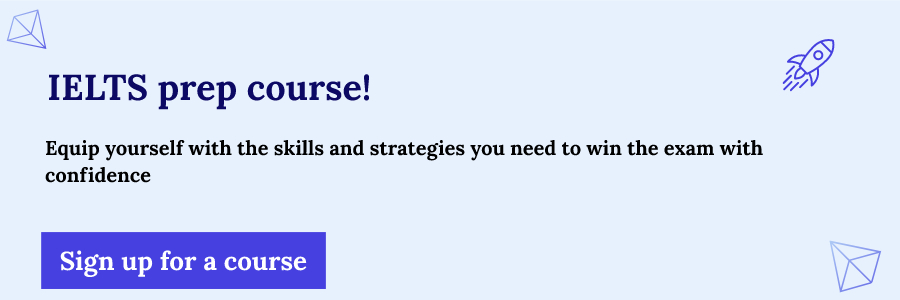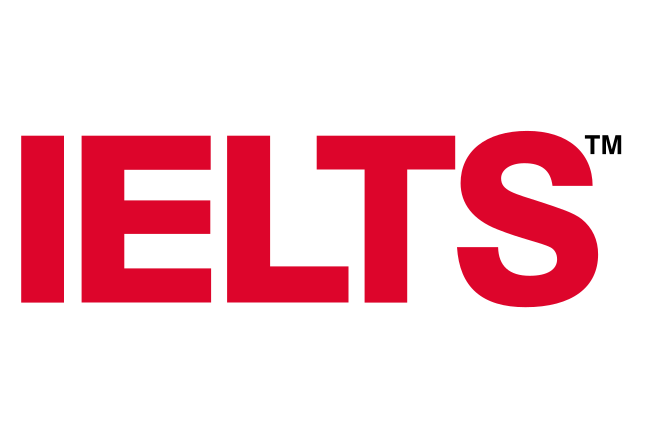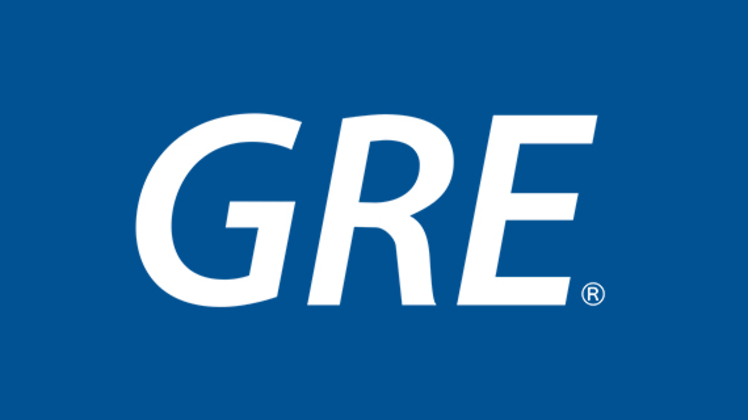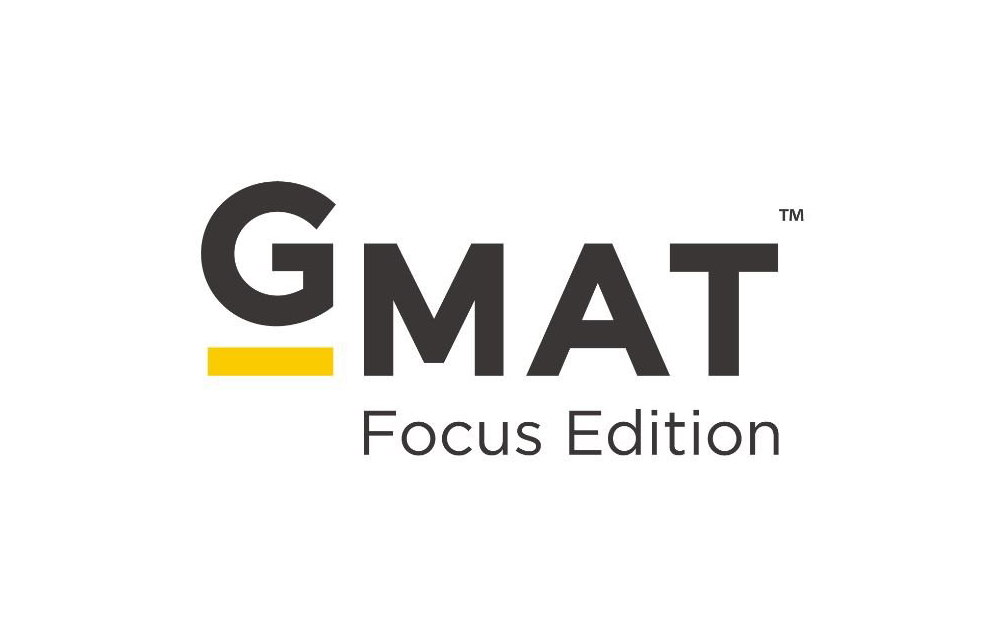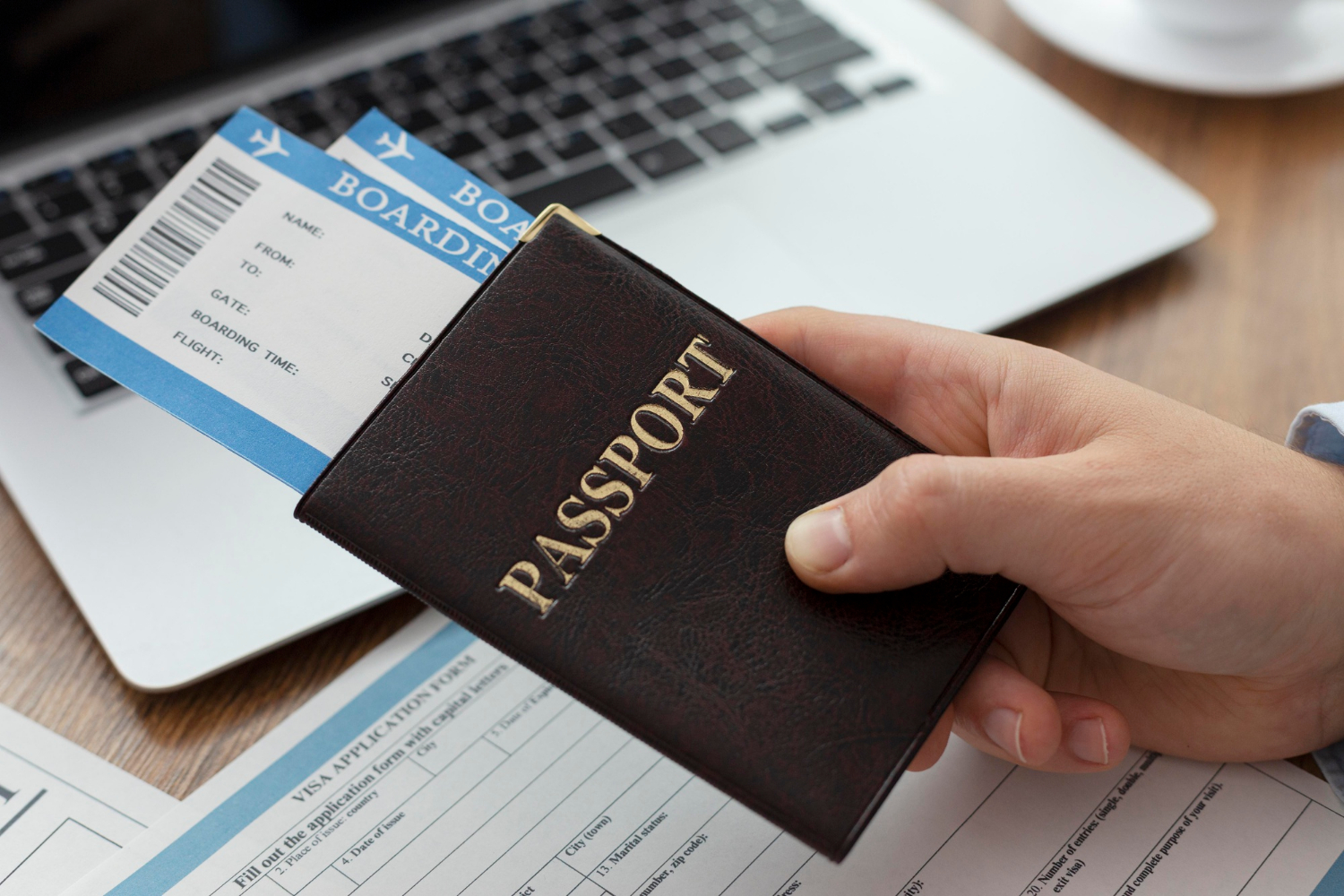
The Express Entry system is the primary route for skilled workers looking to immigrate to Canada, managed by Immigration, Refugees and Citizenship Canada (IRCC). It operates on the basis of a point system called the Comprehensive Ranking System (CRS), which takes into account various factors to assign points to each candidate, and those with the highest scores are invited to apply for permanent residency.
Key Factors in Comprehensive Ranking System (CRS)
Core human capital factors:
- Age: Candidates receive points based on their age at the time of application, with younger candidates receiving more points.
- Level of education: Points are awarded based on the highest level of education attained by the candidate.
- Official language proficiency: Candidates can earn points for their proficiency in either English or French through language tests like IELTS or CELPIP for English and TEF for French.
- Canadian work experience: Points are awarded for the amount of skilled work experience acquired by the candidate in Canada. More information can be found on the IRCC website.
Spouse or common-law partner factors:
- Education Level: As with the candidate, points are awarded based on the education level of the spouse or partner.
- Official Language Proficiency: Points may be awarded for the spouse’s or partner’s language proficiency.
- Canadian work experience: Points are awarded if the spouse or partner has qualified work experience in Canada.
Skill Transferability Factors:
- Matching education, work experience and language skills to the needs of the Canadian labor market.
- Combination of the candidate’s education level and work experience abroad.
- Assessment of the occupation and corresponding NOC (National Occupational Classification) code.
Additional factors:
- Provincial nomination: Candidates can earn additional points if they have received a nomination from a Canadian province or territory through the Provincial Nominee Program (PNP).
- Valid job offer: Points can be earned if the candidate has a valid job offer from a Canadian employer.
- Canadian Study Experience: Points may be awarded for completing eligible study programs in Canada.
Express Entry process
The Express Entry process consists of several main steps:
- Determination of Eligibility: Candidates assess their eligibility for Express Entry programs using criteria established by Immigration, Refugees and Citizenship Canada (IRCC).
- Online Profile Creation: Eligible candidates create an online profile, providing detailed information about their skills, work experience, education, language proficiency and other relevant information. All French or English language proficiency test certificates must be in hand at the time of Express Entry enrollment.
- CRS Score Allocation: After submitting the application form, candidates are assigned a Comprehensive Ranking System (CRS) score based on factors such as age, language proficiency, education, work experience and other criteria. You can estimate your own CRS score here.
- Entry into the Pool: Candidates enter the Express Entry pool, where they are ranked against other applicants based on their CRS scores.
- ITA Issuance: During regular Express Entry draws conducted by IRCC, candidates with high CRS scores are issued Invitations to Apply (ITA) for permanent residency. These draws typically occur at regular intervals.
- Application Submission: Upon receiving an ITA, candidates must submit a complete application for permanent residency within a specified timeframe. This application includes providing supporting documents and undergoing medical and security checks.
English language skills play an important role in improving applicants’ chances of success in the Express Entry system. Improve your language skills with eTalk and increase your competitiveness in the immigration process. Sign up for a trial lesson at a 50% discount
Express Entry programs
There are 3 programs under Express Entry and applicants for permanent residency must meet the eligibility criteria for at least one of these programs.
Federal Skilled Worker Program (FSWP)
Essence: The FSWP program is designed for skilled workers who have overseas work experience and intend to become permanent residents of Canada. The program is based on a point system that evaluates applicants on factors such as education, work experience, language skills, age, permanent employment and adaptability.
Requirements:
- At least one year of full-time or equivalent part-time continuous work experience in a skilled occupation listed in the National Occupational Classification of Canada (NOC).
- Canadian national language proficiency at the CLB 7 (Canadian Language Benchmark) level.
- A post-secondary degree from a Canadian university or equivalent.
Federal Skills Training Program (FSTP)
Essence: The FSTP program is designed for skilled workers who have experience in certain occupations and wish to immigrate to Canada permanently. This program addresses labour shortages in certain occupations across the country.
Requirements:
- At least two years of full-time experience (or equivalent part-time experience) in a skilled trade within the last five years prior to application.
- Have duties listed in the National Occupational Classification (NOC) that fall under TEER 2 or 3.
- Be proficient in one of the state’s languages at the CLB 7 level or higher.
- A job offer or certificate of qualification from a Canadian provincial or territorial authority.
- Have sufficient funds to cover all of your living expenses in Canada (approximately 30,000 USD per year).
- Positive visa history.
Canadian Experience Class (CEC)
Essence: the CEC is for individuals who have gained skilled work experience in Canada and wish to transition to permanent residence. It is designed to retain talented individuals who have already adapted to Canadian society and the labor market.
Requirements:
- A minimum of one year of qualified work experience in Canada within the last three years prior to application.
- Work experience must be related to an occupation classified in the NOC system (0, A, B).
- Be proficient in the Canadian national language with a minimum grade of CLB 7 or higher.
- Positive visa history.
English language proficiency, as demonstrated by an exam such as IELTS, will greatly increase your chances of success. IELTS is widely recognized and accepted by Immigration, Refugees and Citizenship Canada (IRCC), making it the preferred language proficiency test for candidates applying for the Express Entry program.
IELTS exam for Express Entry
Choosing the General Training version of the IELTS exam is particularly beneficial for immigration purposes and can significantly increase your CRS score. Designed to assess English language skills needed in everyday life, this version is well suited for people wishing to immigrate to Canada.
A score of SLB 7, which is equivalent to IELTS 6.0 in all skills, is the minimum level that will allow you to apply for the Express Entry selection system.
The exam assesses four key language skills: listening, reading, writing and speaking.
- In the Listening section, which lasts 30 minutes, candidates answer 40 questions from four recordings. These recordings include conversations between people in everyday and academic contexts, as well as monologues on a variety of topics.
- The Writing section, which lasts 60 minutes, includes two tasks: writing a letter in response to a given situation and composing an essay on a given topic.
- During the Reading section, which also lasts 60 minutes, candidates answer 40 questions in three sections. These sections cover topics ranging from everyday life to work and general interests.
- The Speaking section, which is one-on-one with the examiner, lasts between 11 and 14 minutes and consists of three parts. These parts include a discussion of personal and family topics, a speech on a topic chosen by the examiner, and a more in-depth conversation.
Find out more about all the sections of IELTS in the article ‘Complete guide to IELTS’.


